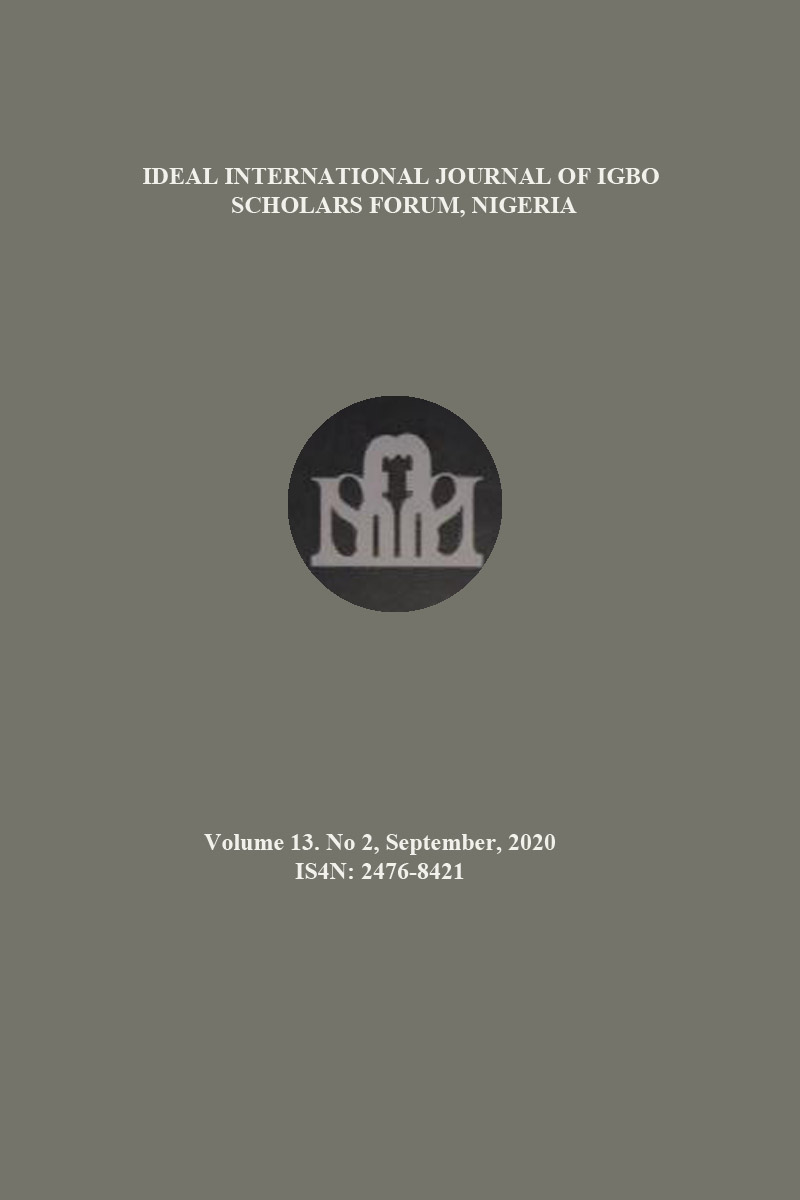The Concept of Anger and Methods of Anger Management in Buddhist Psychology
Resumen
This paper investigates the concept of anger and anger-management methods in Buddhist Psychology. Thus, the Sutta-pitaka of Three Volumes of Thēravada Buddhism (Thripitaka), published by Dharma Chakkra Child Foundation, Bandaragama, Sri Lanka in 2006 was refferred as the primary source for the study. The scripture suggests several terms for anger such as dōsa, vyᾱpᾱda, patigha and kōda that bear differences in levels and in nature of anger. The study found several factors as the origin of anger and the way it affects an individual. It could be noticed that anger deteriorates not only mundane life but sansaric circle. The biddhist teachings on deeds (Kamma), Sansaric Cycle (Sansᾱra), Loving Kindness Meditation (Mettᾱ Bhavanᾱ), Eight Vicissitudes (Atalō dhahama), Reflection (paccavekkhana), and Examples from the life of Lord Buddha are of importance as methods of anger management found in Buddhist Psychology. All the Buddhist teachings on anger and anger management provide a good understanding of anger and its methods of anger reduction can be applied to decrease the harmful effects of anger. Further these methods have implications in social relationdhips, counseling and psychotherapy as well.


